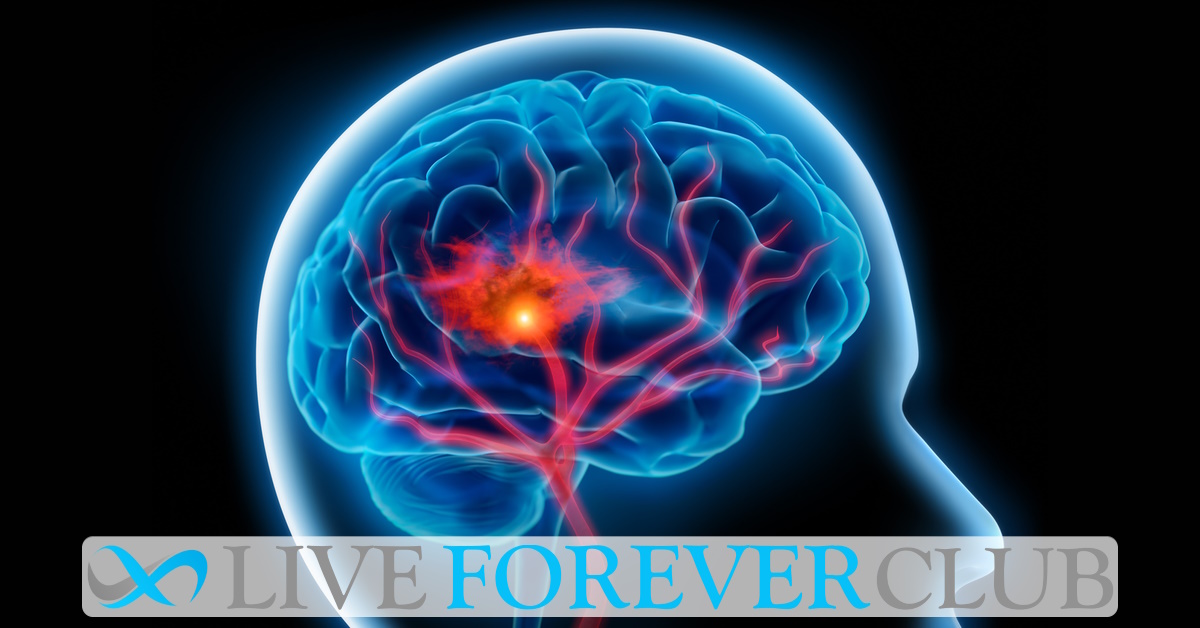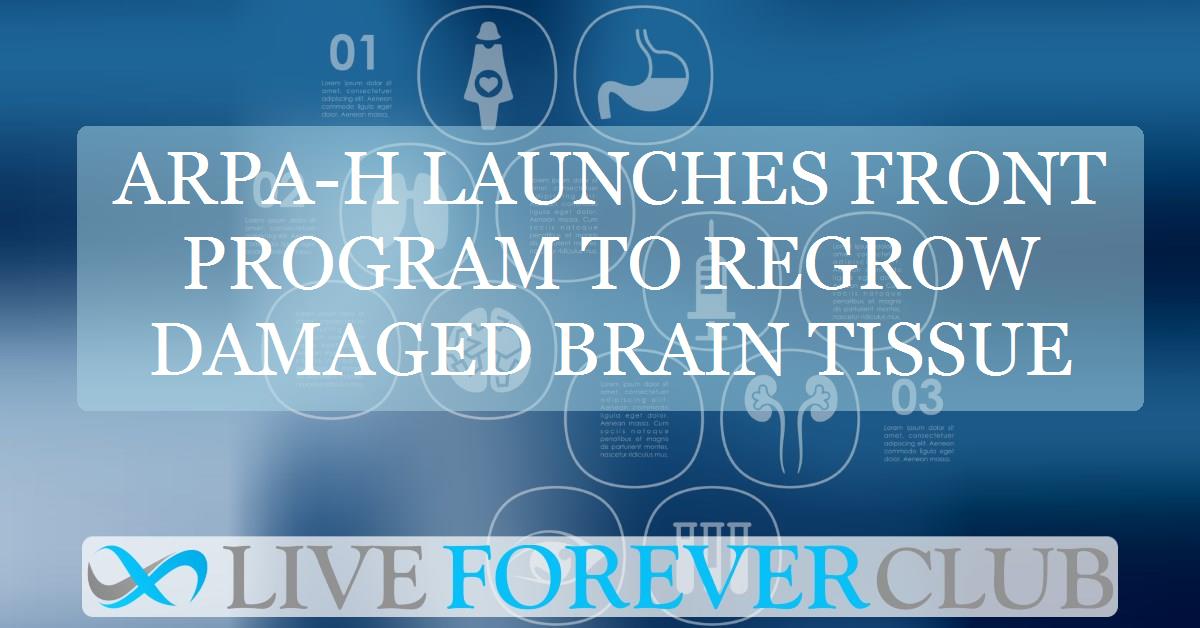Key points from article :
The U.S. Advanced Research Projects Agency for Health (ARPA-H) has announced a bold new initiative called the Functional Repair of Neocortical Tissue (FRONT) program. This groundbreaking effort seeks to restore lost brain function in people affected by strokes, traumatic brain injuries, and neurodegenerative diseases like Alzheimer’s. By harnessing cutting-edge stem cell technology and principles of brain development, FRONT aims to regenerate damaged neocortical tissue—an area of the brain essential for motor control, decision-making, and sensory perception.
Led by Program Manager Jean Hebert, Ph.D., the five-year program will exclusively use adult-derived stem cells to promote ethical innovation. According to ARPA-H Acting Director Jason Roos, Ph.D., this effort could not only revolutionize treatment for over 20 million Americans but also relieve the economic burden of neurological damage, which currently costs the U.S. over a trillion dollars annually. With the backing of President Trump and Secretary Robert F. Kennedy, Jr., the initiative aligns with national priorities in healthcare and economic revitalization.
The FRONT program emphasizes four key goals: treating chronic neocortical brain damage, driving economic growth by restoring workforce capacity, supporting military veterans suffering from traumatic brain injuries, and reducing long-term dependence on therapies like physical rehabilitation. If successful, it could offer millions of patients a path to regain critical functions like speech, vision, and mobility—abilities long considered permanently lost.
FRONT will fund interdisciplinary research proposals under ARPA-H’s Innovative Solutions Opening (ISO), particularly focusing on generating functional graft tissue and perfecting techniques to integrate it into the brain. With strict milestones and a clear trajectory toward clinical trials, the program promises to propel the U.S. to the forefront of brain repair technology and redefine the future of neurological care.






